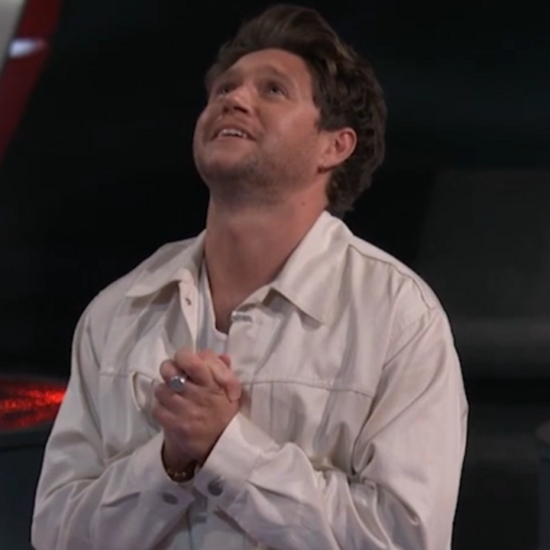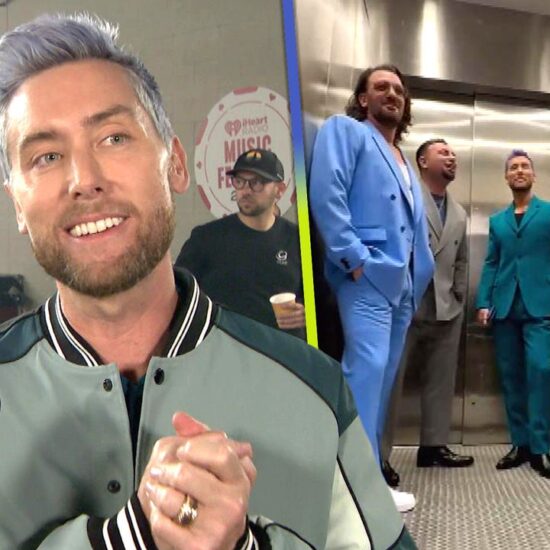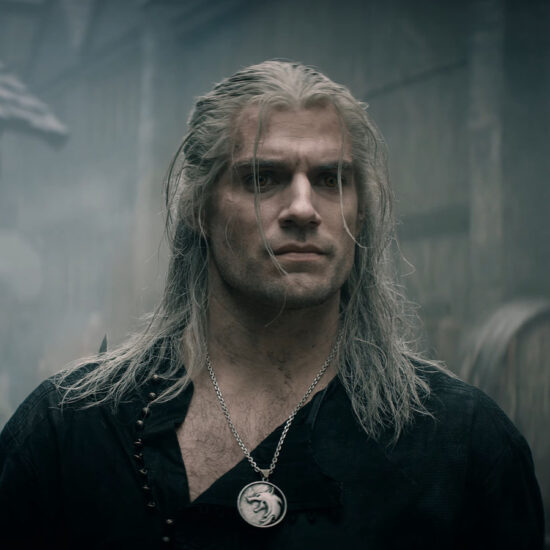
Jasmín Mara López is a Mexican-American filmmaker living between Los Angeles and New Orleans. Born in the U.S. with familial roots in México, her childhood was affected by issues experienced on both sides of the U.S.- México border. This instilled in her a strong passion for immigrant rights, youth empowerment, and social change. Jasmín founded Project Luz, workshops which taught Mexican youth to document stories from within their community. Her audio documentary Deadly Divide: Migrant Death on the Border received the Society of Professional Journalists’ Excellence in Journalism Award. Most recently, she directed and produced Silent Beauty, a personal documentary about her family’s history with child sexual abuse. Silent Beauty had its world premiere at Hot Docs International Documentary Film Festival, and its U.S. premiere at BlackStar Film Festival. It was awarded Best Documentary Feature at Urbanworld Film Festival, and Best Cinematography Feature at the New Orleans Film Festival. Jasmín has garnered support for her work from New Orleans Film Society, Chicken & Egg Pictures, Black Public Media, Southern Documentary Fund, Sundance Institute, International Documentary Association, Latino Public Broadcasting, ITVS, Firelight Media, Creative Capital, and others. She is a current fellow of The Gotham and HBO Documentary Films’ Documentary Development Initiative.
IDA: It is a pleasure to speak to you Jasmin, would you mind telling us a little about yourself? How did you start your Documentary career?
Jasmín Mara López: Thank you! I come from a family of documentarians, though not in the traditional sense. I believe my documentary career was cultivated by my grandmothers. They were my first mentors in storytelling. My grandmother, Maria, spent most of her life as a housewife and would sometimes record the sounds of our home: our parakeets, cooking, conversations, and singing. I never asked her why she did it, but I learned to appreciate the practice, and still have those recordings today. In my mid-20’s, I ran around town with a group of photojournalists while living in San Francisco. I invited them to join Project Luz–storytelling workshops for youth in my family’s hometowns: Ejido Hermosillo and Nezahualcóyotl, Mexico. The students we worked with inspired me to become a journalist. Él Tecolote Newspaper in San Francisco offered me my first internship. And then I began to refine my craft in audio/radio storytelling. Several years later, I decided to move to New Orleans to be with my nephews and it’s there that I decided to make films. I started with Silent Beauty, and the New Orleans Film Society was the first to support me in that dream.
IDA: Congratulations on Silent Beauty! I was blown away by the film when I had the pleasure of watching it in NOFF this year. Please tell us a little bit about the film and your process of making it.
JML: Silent Beauty is a seven-year exploration of my family’s trauma, a vehicle that allowed me to face some of my greatest fears, and ultimately, found the beauty in all of us. It’s a project with many collaborators and supporters behind it. While not everyone lived my experience, so many held me, my family, and the vision for this work carefully. They shared their knowledge and encouraged me to keep going. I will never forget that.
I first pitched the film at the New Orleans Film Festival in 2016. I was terrified of going on stage before an industry I was new to, but my friends Annie, Weenta, and Liz sat in the audience believing in me, and that’s all I needed at that moment. I didn’t win, but the judges and fellow filmmakers came up to me afterwards and encouraged me to continue on my path, to tell this story, and I did.
I would soon meet Bron Moyi, a fellow survivor, who I believe I was meant to meet and significantly changed the journey for me. I didn’t know how to work with collaborators in film. In fact, I was afraid to. But Bron made it easy, he helped me to see my abilities by inspiring more. We explored together as creative collaborators and survivors. We spent a year working together before we met our editor, Sarah Garrahan. Three years later, we premiered a work of love at Hot Docs.
IDA: Silent Beauty is an immensely brave and personal film. What changed for you while making the film?
JML: I grew, in many ways. This film was a part of my healing process. I’m not the same person I was when I started this. I’m now a filmmaker, and someone who believes in her abilities. As a child that grew up in a working-class immigrant community, these paths were just dreams that you’d eventually have to let go of. These paths were for wealthy white people. I believed that for a very long time, and in many ways it’s still true in Hollywood, barriers exist, but I’m doing my best to break through them for the BIPOC storytellers to come.
IDA: You were also one this year’s IDA Sarowitz Project Completion Fund grantees. Would you tell us a little bit about your experience as a grantee?
JML: This grant was such a gift! It allowed me to complete aspects of the film that I didn’t know how I’d move past, and I was able to travel and engage with audiences and survivors in the U.S., Mexico, Ireland, and Italy.
IDA: What are you working on right now? Anything you would like to share with our members?
JML: I’m developing a film with my cousin Papi that looks at many things, including our family trauma, the incarceration of youth of color–it’s a continuation of my family’s story, our body of work, and a way to heal my family’s legacy. I also just became a fellow of The Gotham and HBO Documentary Films’ Documentary Development Initiative. I’m so excited to look within and tell the stories that matter to my communities, stories that I’m connected to.
IDA: Lastly, do you have any advice for emerging artists and filmmakers who are working on personal stories and projects?
JML: Do the work to care for yourself and your protagonists. Ask questions until you figure out what that means. Trust your process and hold your vision tight. Many in the industry will try to steer you in their directions, what they deem is right, but it is you who understands. They often don’t share these experiences with you, yet they are taking these stories from you. You are the storyteller. You are the artist. Finally, always talk to a lawyer before signing away your rights. I didn’t fully understand what I was doing in the beginning, I was just happy to have funds to make the work I knew would encourage positive change in people’s lives, but I didn’t think about my own sustainability as an artist.














